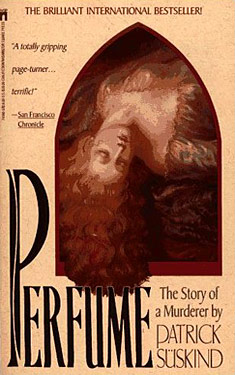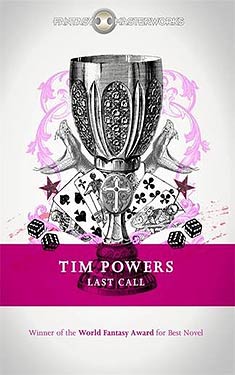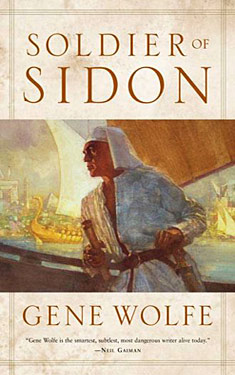Patrick Suskind
Completed 2/26/2023, Reviewed 2/26/2023
5 stars
This was a beautifully written, intensely creepy book. It was sort of a fantasy, perhaps a little more magical realism. I was struck most by the amazing prose of this translation from the German. There’s very little dialogue, it’s almost all description, mostly from the murderer’s point of view. It’s about smells and the power they have over us. I’m not much of a fragrance person. I used to be terribly allergic to flowers, trees, grass. I never liked the smell of a freshly mown lawn and perfumes and colognes usually made me gag. But this book was able to override that guttural reaction and make me believe in the power of the scent. This book won the 1987 World Fantasy Award. It was a huge best seller in Europe and obviously had an impact on the English-speaking fantasy community.
Jean-Baptiste Grenouille was born without a scent. He smells like nothing. With no father and mother that dies of consumption, he is taken in by the state and given to a series of women to nurse him. However, none of them can handle him because he eats voraciously, leaving no milk for their own child. Eventually, he is abandoned to a monastery and then to an orphanage. Despite having no scent himself, Grenouille has an almost supernatural sense of smell. He can actually walk around in the dark because he can smell everything and everyone in his way. After a traumatic childhood, he realizes what he must do. He becomes an apprentice perfumier. There he learns the components of every smell that exists and how to extract it to then combine it into a perfume people will love. However, he also finds that the most amazing smell is that of a virgin girl. This leads him to unspeakable acts trying to create the perfect scent.
I didn’t know what to expect with this book, sensing that it was another non-traditional fantasy. What immediately grabbed me was the prose. It is astonishingly beautiful. When there isn’t much dialogue, the prose needs to be outstanding to hold me as a reader for very long. This book did it. It’s not very fast paced. In fact, it could have dragged in several places, especially during Grenouille’s apprenticeship, but Suskind kept me reading with descriptions that moved the story along.
I didn’t feel the empathy I usually do for characters in a book I rate this high. But I felt like I knew Grenouille with an intimacy that’s almost scary. He’s not a particularly likeable character, especially when you know what’s coming from the book’s blurb. Still, I became consumed in wanting to know what makes up this character. You learn that from his interactions with others as well as his interactions with the scents of the world.
I give this book five stars out of five. It goes against my usual reasoning for rating a book so highly. Normally, I need a pretty deep visceral reaction to the character or the storyline. In this case, it was prose and the process of revealing how Grenouille made it through life. And the ending was shocking. This book is not a light read. It’s very dark and very brutal. It’s not for everyone. But if you want an intimate account of a strange murderer’s mind, this is the book for you.


